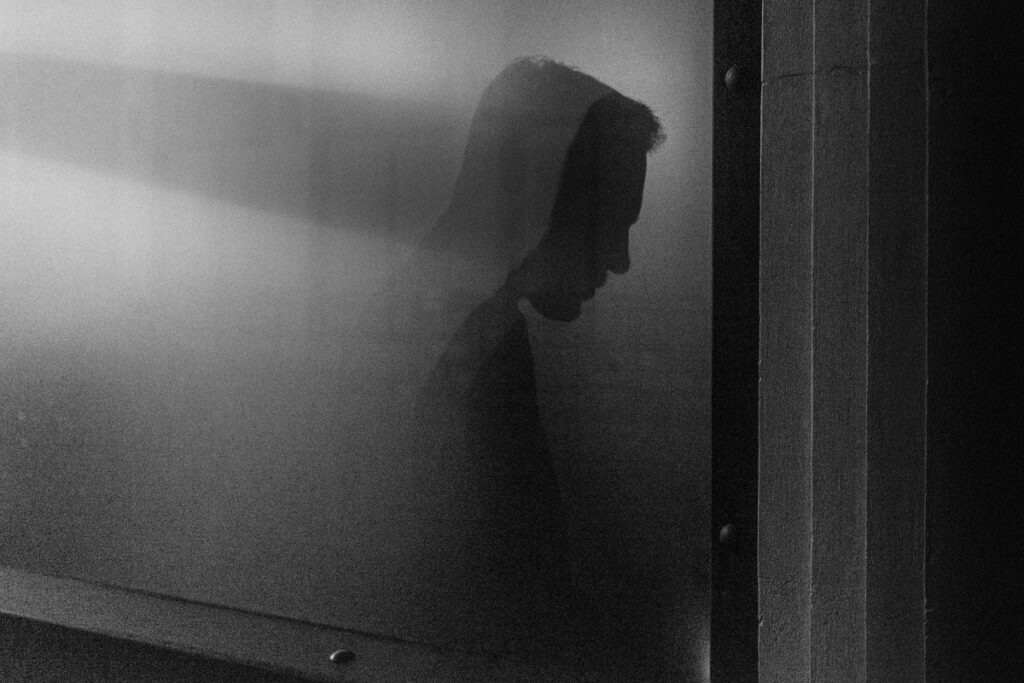
Male Body Image Issues: It’s Not Just About Muscles
When we think of eating disorders and body image struggles, the cultural narrative often centers around thinness, dieting, and young women.
But this narrow lens leaves many people out of the picture, including the growing number of boys and men who experience disordered eating and body dissatisfaction.
At MetroWest Nutrition and Therapy, we believe it’s time to broaden the conversation and dismantle the myths that prevent so many from seeking help. Let’s talk about male body image issues, what you need to know, and how you can start healing.
Ready for Support? Book a call with our client coordinator today.
Yes, Men Struggle with Body Image Too!
Society often frames male body ideals around leanness and muscularity—what researchers call the “lean-muscular ideal.” This can lead to a hyperfocus on weightlifting, calorie tracking, restrictive eating, or supplement use, sometimes under the guise of “fitness.”
But when these behaviors are driven by anxiety, shame, or compulsion, they can be just as harmful as more commonly recognized eating disorder behaviors.
Myth-Busting: Eating Disorders Aren’t Just a “Female Issue”
First things first, let’s make sure everyone has the facts straight.
- 1 in 3 people with an eating disorder is male.
- Males with eating disorders experience both gender-specific and general barriers to treatment.
- Disordered behaviors in boys are often normalized as “healthy habits” or “athletic discipline.”
This lack of recognition leads to dangerous delays in care. Many men don’t even realize their behaviors are disordered until the physical or psychological toll becomes too great.
The Impact of Toxic Masculinity
From an early age, boys are taught to be strong, unemotional, and self-reliant. These messages can make it difficult for them to express vulnerability or ask for help, even when they’re suffering.
The result? Many men internalize their distress and may cope through over-exercising, restriction, bingeing, or the use of substances like steroids.
What Male Body Image Issues Can Look Like
As with anyone who struggles with body image dissatisfaction, there are many ways this can show up, and it’s often different from person to person. Here are some of the most common ways we see this in our male clients.
- Obsessive concern with muscle size or body fat
- Compulsive exercise routines
- Shame or anxiety about eating in public
- Avoidance of social situations that involve food or body exposure
- Skipping meals
- Use of supplements or steroids to achieve a certain physique
- Secretive eating behaviors or guilt around food
- Excessive time spent in front of the mirror or grooming
- Wearing bulky, full coverage clothing even when it’s hot out
- Spending a lot of time comparing their body to bodybuilding influencers on social media
- Increased isolation and less time spent with peers or on activities formerly enjoyed
These behaviors can occur across all gender identities, sexual orientations, races, and body types, but are often missed in men because they don’t fit the stereotype our culture has assigned to eating disorders.
Healing Is Possible and Masculinity Has Room for Vulnerability
Vulnerability is brave and expressing emotions takes strength, especially for men in our culture. Therapy can help. At Metrowest Nutrition and Therapy, we offer a nonjudgmental space for men to explore their relationships with food, exercise, and their bodies. Our team understands the unique challenges men face and is committed to inclusive, affirming care.
For some men, it may be helpful to work on body image issues with another male. We are fortunate to offer this option and encourage you to reach out and learn more about our providers.



